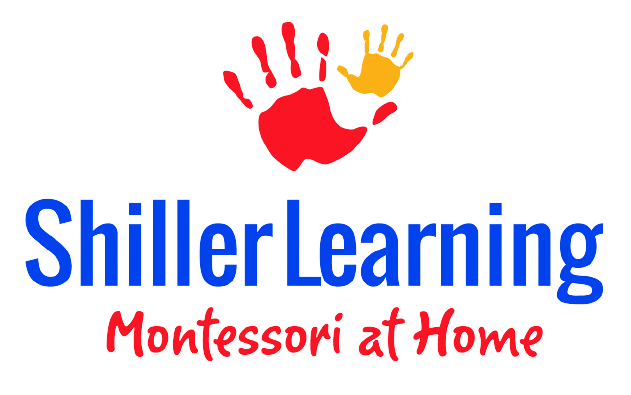All learning that we experience throughout our life is multisensory - taking in all sounds, touches, smells, tastes, and sights from the environment that’s all around us. Developing theories and exploring the possibilities over many attempts is what aids children in learning how to walk and talk. There aren’t any limits to this type of learning since it’s an essential step in all people’s progression and development.
When it comes to learning music, multisensory learning is also important. Music uses at least three out of the five senses, and in some cases can be incorporated into all senses. Music education also provides a multitude of benefits to children and is essential in multisensory learning, so music education should be considered a very valuable tool.
Such senses like taste and smell may not be completely associated with musical education, but teachers tend to use dynamics in music and certain words that can be associated with those senses, such as a “sour note” or a “sweet melody.” Those words immediately can trigger those senses of taste and smell, which in turn, give a better understanding of what it is meant when utilized as a musical term.
Let’s explore the many advantages that students can gain from music in their multisensory learning.
Enhanced Cognitive Development
Brainpower is the ultimate goal of most types of learning, whether formal, like in the classroom, or more informal. With more virtual learning today there are options for online music and instrument lessons right from home, as well.
When provided musical education tactics including learning how to read and write music, those cognitive skills are put to work. Now, cognitive development happens at a multisensory level, because instead of just reading and writing the music, you’re involving the sounds each note or rhythm makes.
Senses including sight, sound, and touch will all be used simultaneously because students would not only listen to the music but also have to manually count out beats doing things like clapping or patting, which would involve the sense of touch. They might also use their bodies to feel the music as well.
There has also been a direct correlation between music and memory recall with the brain - using songs to help children memorize words and lyrics carries over into other areas of academia also when having to recall specific things for exams. It incorporates not only the sight, but sound and touch sensors, which help increase overall brainpower - when people can learn and receive information utilizing more than one sense, the understanding is greater. It also is worth mentioning that having multiple variants for teaching something is extremely helpful because not everyone is the same in how they learn.
There was a previous study done that showed academic achievements were contributed more highly to those with musical inclinations, than those who did not. Those who participated in creative arts had more success in school, greater increases in IQ scores and tests, as well as better skills in more specific subjects such as math and reading.
Expression of Feelings and Social Skills
As children, most of our language is learned through listening to sing-song type music, a lot of the time using rhymes. This can carry over into multisensory learning, as a way to teach children how to communicate in other ways besides talking. Experiencing music visually and emotionally can create moods and feelings, and ways in which we are moved, which helps us to convey feelings that otherwise might be difficult to communicate with words.
Sometimes understanding music is a way of understanding ourselves. Certain musical genres, types of instruments, and/or voices that appeal to us provide a window into our souls, so to speak. They can open up doors to creativity and provide us with unlimited access to potential. Not to mention, social skills are equally enhanced since we can find common ground with others who share the same interests. Since music and performing arts rate very high on the creative scale, music demonstrates a powerful way to express oneself.
Along with expression, musical emotions and feelings give us insight into others. Empathy and compassion are greatly acknowledged within music, and being able to relate those feelings when you sense those feelings in others is something that it also provides.
Confidence Boosting
Performance and expression in creative arts is a judge-free experience, and one where students can feel comfortable in learning and developing without feeling that they are doing something incorrectly. This guides students in leaps and bounds to feeling more confident and sure of themselves, which also paves the way for taking more risks and obtaining a leadership-type role throughout life.
For example, teachers can provide a multisensory learning experience with music for a simple song such as “The Itsy Bitsy Spider.” In this case, students learn rhythms and use their sense of touch doing hand movements for the spider crawling up the spout, they use sound for intonation to match the pitch/notes that are being sung or played, and they visually see either the instrument being played or the mouth that is singing to mimic what they hear. All this learning is rolled into just one simple song. It is easy to see with this reference how music reaches multisensory levels.
Another example of multisensory learning in education with music is by having students create homemade instruments. This learning experience not only helps students learn how to make music with something that they have created, but the “making” portion also ties into learning art, which is another creative subject that should be cultivated in multisensory learning.
Music is an excellent tool for learning and should always be included within the curriculum. The benefits that come from musical education reach varying degrees and are an essential part of development. Learning music at a multisensory level gives us not only fun but aids in the enhancement of real-life skills that include self-confidence and expression, ways to communicate more easily, and academic success.




